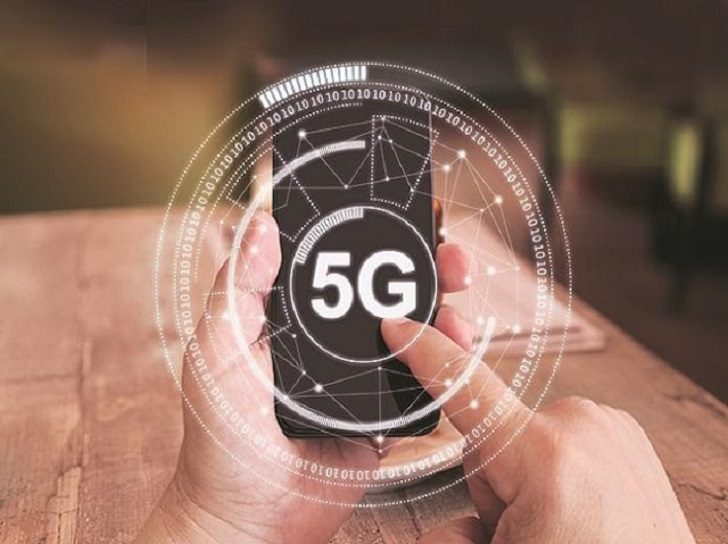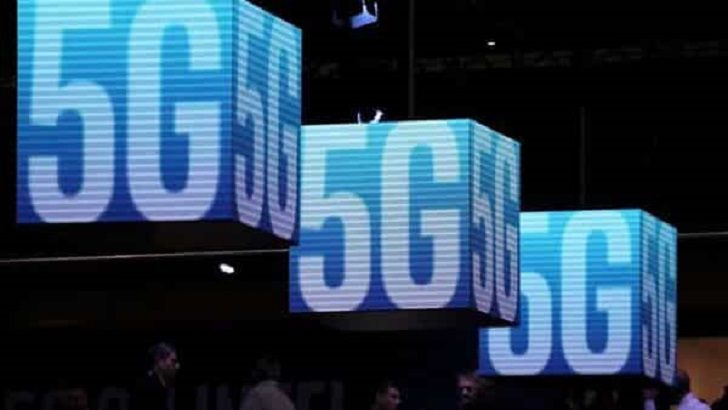In October 2022, Prime Minister Narendra Modi stated that the arrival of 5G services, which offer ultra-high-speed internet on mobile devices, is “a knock on the doors of a new age” and the beginning of an endless sky of prospects. New India will not be a passive consumer of technology, but rather engage actively in its creation and implementation.
Bharti Airtel, one of India’s three largest telecommunications companies, debuted 5G services in eight cities, including Delhi, Mumbai, Varanasi, and Bengaluru, and stated that the remainder of the country will follow suit by March 2024. Reliance Jio wants to launch 5G by Diwali of this year in key cities, and by the end of 2023 in the remainder of the country. Vodafone Idea has not announced a schedule as of yet.

Modi encouraged telecom industry organisations to undertake 5G service awareness campaigns in rural regions. He referred to the debut of 5G services as a triumph for the government’s Digital India plan, highlighting four important pillars: device cost, digital connection, data cost, and a digital-first approach.
What it means for India
According to the minister, the Prime Minister issued a challenge to develop indigenous technology for 4G and 5G, and India is marching ahead in technological development, with the world now looking at Indian telecom technology.

Telecom is a digital India gateway. Telecom is the foundation of all digital services that we see in our daily lives. Education, health, agriculture, logistics, and banking will all see significant changes due to 5G services. It will open up new possibilities.
The introduction of 5G will have long-term consequences. It will be the internet’s future. 5G will affect everyone’s lives, whether they are small business owners, farmers, doctors, or students. Additionally, it will have a substantial effect on our startup ecosystem. Anku Jain, managing director of MediaTek India, stated that 5G will bring in a new wave of commercial prospects, unlocking the country’s next development level.
Further details of the launch
A successful launch would need investments in appropriate telecom infrastructure, such as network densification by fiberisation of sites and a suitable number of towers. In the next four years, this will equate to a staggering Rs 5 lakh crore investment, according to projections. With the Union Cabinet’s clearance of the 5G spectrum auction on June 15, 2022, however, the route for India’s 5G rollout is now clear.

This game-changing technology will enable innovations that will significantly improve people’s daily lives and business efficiency. 5G provides a new network built to link practically any device virtually and everyone and everything together, including machines, objects, and devices, in addition to much faster data transfers, much lower latency, and more network capacity. It will cause significant societal transformation in India by facilitating the use of information technology in the manufacturing, educational, healthcare, agricultural, financial, and social sectors, thereby elevating experiences and value creation.





